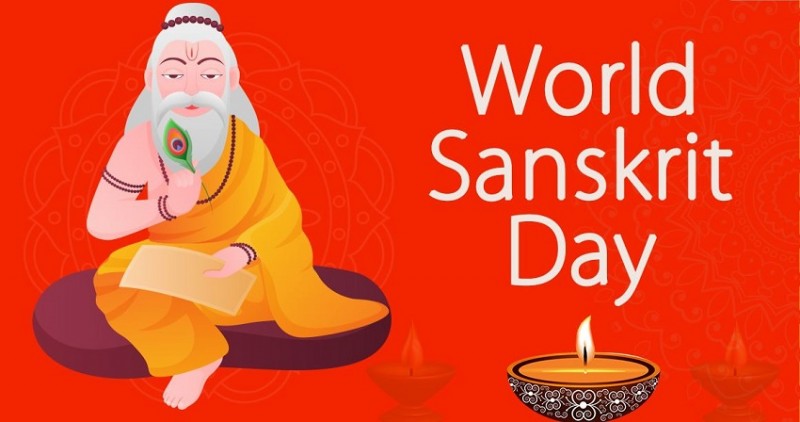
World Sanskrit Day, also known as International Sanskrit Day, Sanskrit Diwas, or Vishwa Samskrita Dinam, is a significant celebration held on the occasion of Shravan Poornima, the full moon day in the Hindu month of Shravan. This year, Sanskrit Diwas will be observed on Saturday, August 31. The day aims to promote the Sanskrit language, which is recognized as one of the oldest languages in the world and holds immense cultural and historical importance.
Sanskrit, often referred to as "Dev Vani" or the "language of the deities," is celebrated on this day not only to honor its rich heritage but also to pay tribute to the birth anniversary of Pāṇini, a renowned Sanskrit scholar and grammarian whose contributions to the language are unparalleled.
As we observeWorld Sanskrit Day 2024, let’s explore how Sanskrit has influenced modern English. Here are 25 English words that have their roots in Sanskrit:
World Sanskrit Day serves as a reminder of the deep connections between languages and cultures, highlighting how ancient languages continue to shape modern communication. As we observe this day, let us appreciate and celebrate the timeless legacy of Sanskrit and its contributions to global languages.
World Athletics U20 Championships Lima 2024: A Preview of Rising Stars
This Day That Year: Sardar Vallabhbhai Patel Becomes India's First Deputy Prime Minister
This Day in World History: Japan Declares War on Germany in World War I